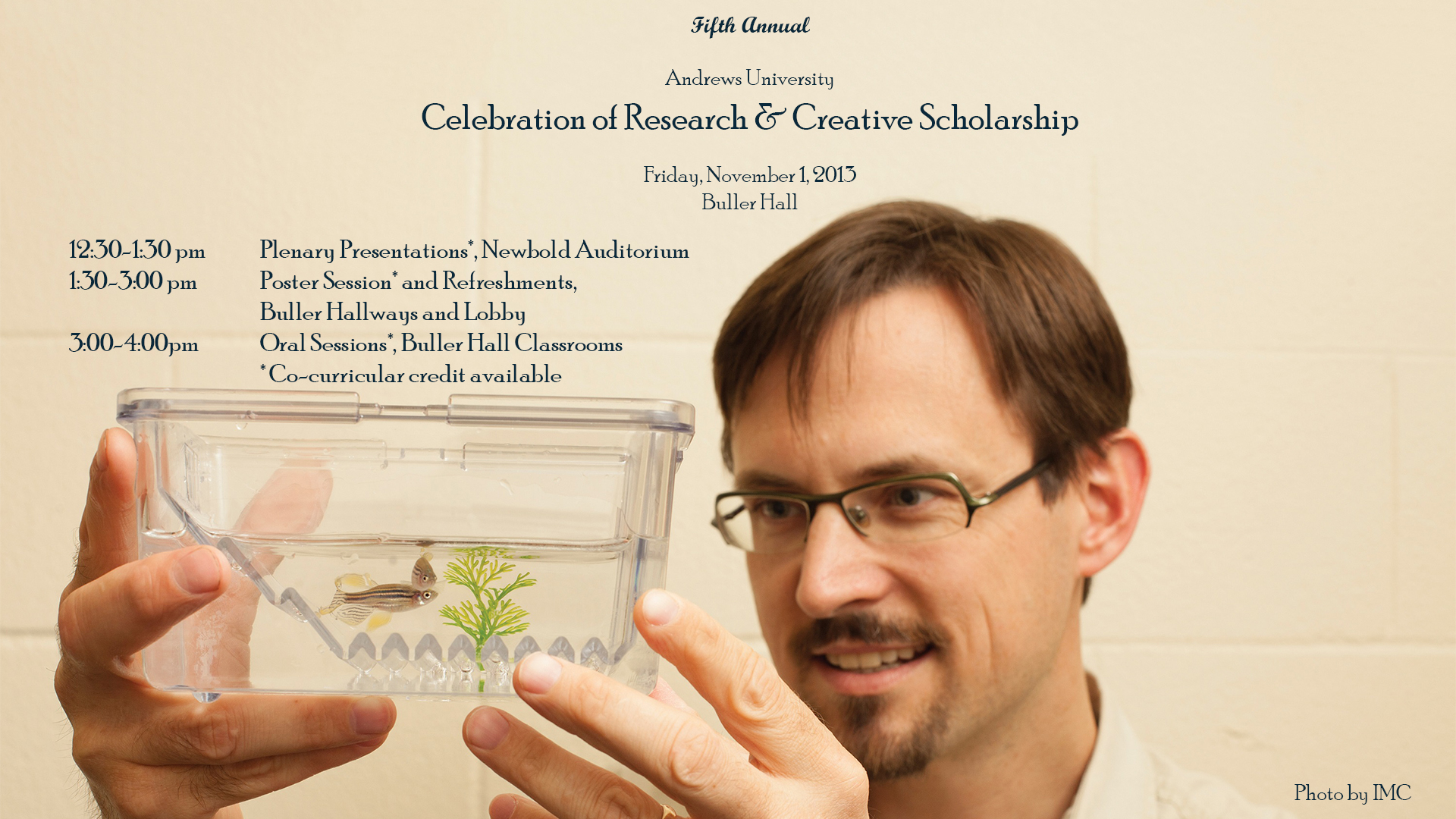C-2 Justifying the God of the Akedah: Interpretation as Theodicy
Presenter Status
PhD Candidate, Department of Theology and Christian Philosophy
Location
Buller Room 150
Start Date
1-11-2013 3:15 PM
End Date
1-11-2013 3:30 PM
Presentation Abstract
Theodicies attempt to justify how an omniscient, omnipotent, omnibenevolent God could allow evil in our world. The Akedah (Binding of Isaac) intensifies this challenge for in Genesis 22:1-19, God Himself requires Abraham to offer his son as a burnt offering. Even though a ram was divinely provided at the end, disturbing implications about the morality of the divine Tester’s methodology linger on. Because most theological interpretations of the Akedah attempt to justify God or Abraham’s actions, this study will evaluate major interpretive traditions of the Akedah as theodicies, analyze the moral logic used and propose a comprehensive theodicy model that illuminates their relation to each other.
C-2 Justifying the God of the Akedah: Interpretation as Theodicy
Buller Room 150
Theodicies attempt to justify how an omniscient, omnipotent, omnibenevolent God could allow evil in our world. The Akedah (Binding of Isaac) intensifies this challenge for in Genesis 22:1-19, God Himself requires Abraham to offer his son as a burnt offering. Even though a ram was divinely provided at the end, disturbing implications about the morality of the divine Tester’s methodology linger on. Because most theological interpretations of the Akedah attempt to justify God or Abraham’s actions, this study will evaluate major interpretive traditions of the Akedah as theodicies, analyze the moral logic used and propose a comprehensive theodicy model that illuminates their relation to each other.



